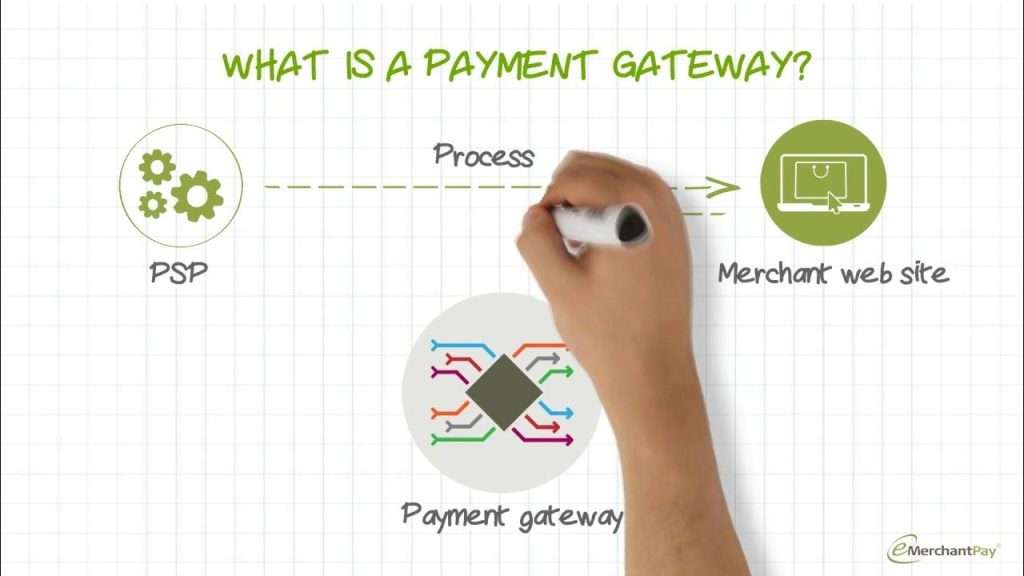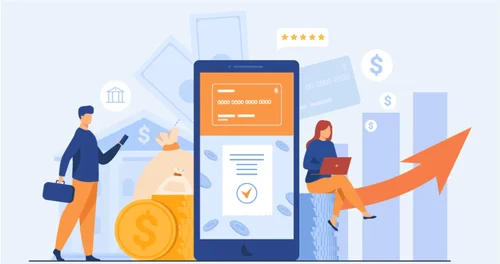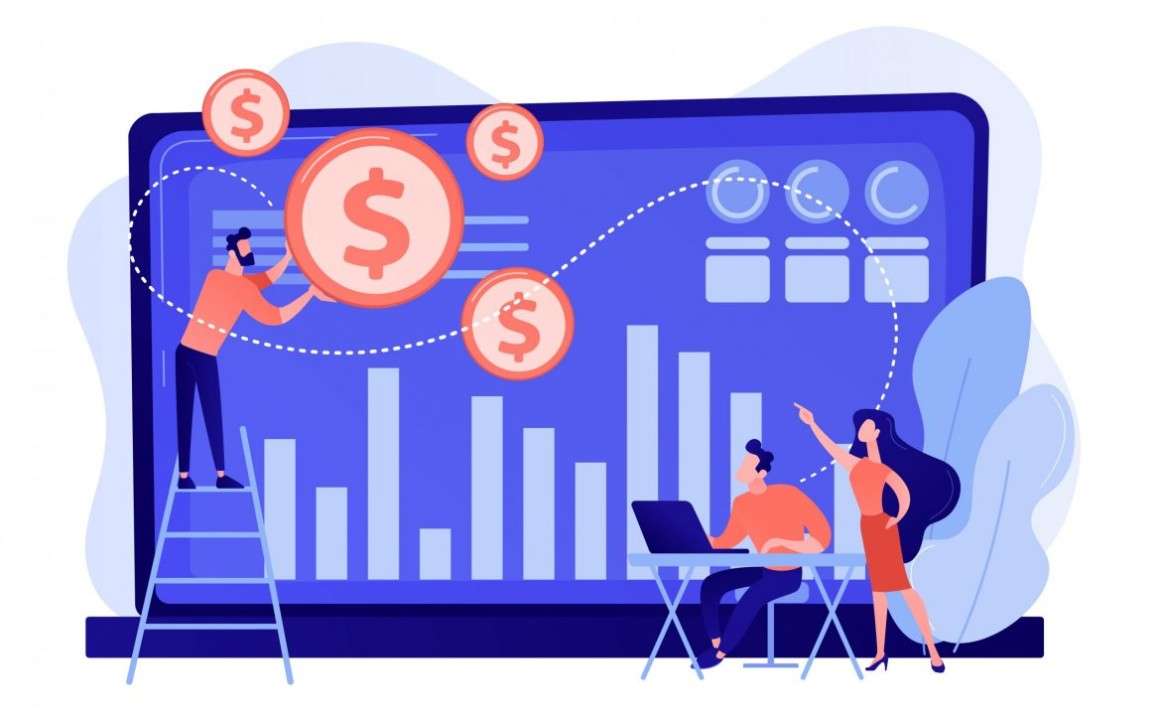AUTHOR : RUBBY PATEL
DATE : 8/12/23
The payment gateway market in India[1] has seen remarkable growth in recent years, driven by advancements in technology, a surge in e-commerce activities, and the government’s push for a digital economy. As the country continues to embrace digital payments[2], understanding the dynamics of the payment gateway market[3] is crucial for businesses, consumers, and investors alike. In this article, we will delve into the current state of the payment gateway market in India, the factors fueling its growth, the key players, challenges, and future prospects.
What is a Payment Gateway?

A payment gateway[4] is an online service that processes electronic payments for businesses. It acts as an intermediary between the customer’s bank and the merchant’s bank, ensuring that financial transactions are securely executed. In the payment gateway market in India, these platforms enable consumers to make online payments via various methods, including credit cards, debit cards, net banking, UPI (Unified Payments Interface), mobile wallets, and more.
Payment gateways[5] play a pivotal role in providing secure and seamless payment experiences for both consumers and merchants. They facilitate real-time authorization of transactions, fraud prevention, and provide analytics that helps businesses optimize their payment processes.
Factors Driving Growth in the Payment Gateway Market in India
Increase in Digital Transactions
India has witnessed a paradigm shift in how people conduct transactions. The government’s push for digitalization through initiatives like Digital India has increased awareness and adoption of online payment systems. With more consumers using digital platforms for shopping, bill payments, and services, the demand for reliable payment gateways has surged.
Growth of E-commerce
India’s e-commerce industry has boomed over the past decade. Online shopping platforms like Amazon, Flipkart, and Myntra, along with a surge in small businesses moving online, have led to an increased demand for payment gateways that can handle a large volume of transactions. This growth in e-commerce directly correlates with the expansion of the payment gateway market in India.
Mobile Payments and Smartphones
The proliferation of smartphones and the growing internet penetration have played a significant role in the growth of mobile payments. Consumers now have access to a wide range of payment solutions at their fingertips, from UPI to mobile wallets like Paytm, Google Pay, and PhonePe. Payment gateways that integrate with these platforms have seen a rise in adoption.
Government Support and Regulatory Framework
The Indian government has actively encouraged the digital payment ecosystem through regulatory frameworks that ensure security and trust in electronic transactions. The implementation of the Goods and Services Tax (GST) has also contributed to the growth of digital payments, making it easier for businesses to adopt online payment solutions.
Key Players in the Payment Gateway Market in India
Razorpay
Razorpay is one of the leading payment gateway providers in India. Founded in 2014, the platform provides businesses with a range of payment solutions, including payment links, subscriptions, and invoicing. Razorpay supports multiple payment methods, such as credit/debit cards, UPI, and wallets, making it a popular choice for merchants.
Paytm Payment Gateway
Paytm is another giant in the payment gateway market in India. Known for its digital wallet, Paytm has also built a robust payment gateway that allows businesses to accept payments across multiple channels. With the wide adoption of Paytm’s mobile wallet, its payment gateway enjoys significant market penetration.
CCAvenue
CCAvenue, one of India’s oldest payment gateway providers, offers a comprehensive suite of payment solutions. With support for over 200 payment options, including 21 major banks and multiple foreign currencies, CCAvenue is trusted by thousands of businesses across the country.
Instamojo
Instamojo focuses on simplifying digital payments for small businesses and startups. With easy integration and a user-friendly interface, Instamojo offers entrepreneurs a way to accept payments online seamlessly. The platform provides various payment options, including UPI, wallets, and cards.
BillDesk
BillDesk is a popular payment gateway solution used by large enterprises and corporations. Known for its reliable and secure payment services, BillDesk supports recurring payments, bill payments, and other business-centric payment solutions.
Challenges in the Payment Gateway Market in India

Cybersecurity Threats
Despite the advances in security measures, cyber threats remain a major concern. Payment gateways must constantly adapt to emerging threats to ensure the protection of user data. Data breaches or system vulnerabilities can lead to financial losses and a loss of consumer trust.
Fragmented Market
India’s diverse market presents a unique challenge for payment gateways. Different regions, languages, and consumer behaviors require tailored solutions. Merchants may need to integrate multiple payment methods to cater to various customer preferences, which can be cumbersome and expensive.
Regulatory Compliance
The regulatory environment surrounding digital payments is evolving. Changes in government policies, taxation, and consumer protection laws can affect payment gateway providers. Compliance with regulations such as PCI DSS (Payment Card Industry Data Security Standard) and RBI guidelines is crucial but can be challenging for smaller players.
Limited Internet Access in Rural Areas
While urban areas have embraced digital payments, internet penetration in rural India remains low. Inadequate internet infrastructure and digital literacy in rural regions limit the growth potential of payment gateways in these areas.
The Future of the Payment Gateway Market in India

The payment gateway market in India is poised for continued growth. With a focus on financial inclusion, innovations in payment technology, and government support, the market will likely see more players, improved solutions, and broader adoption.
Key trends to watch for in the future include:
- Increased Adoption of AI and Machine Learning: Payment gateways will leverage AI to detect fraudulent transactions, enhance user experience, and offer personalized payment solutions.
- Cryptocurrency Integration: As cryptocurrencies gain popularity, payment gateways may integrate crypto payments alongside traditional methods.
- Biometric Authentication: With advancements in biometric technologies, payment gateways may use face recognition or fingerprints for secure transactions, especially in mobile payments.
Conclusion
The payment gateway market in India is on a steep growth trajectory, driven by technology, government support, and increasing consumer preference for digital transactions. However, challenges such as cybersecurity, fragmented market needs, and regulatory compliance remain. With continued innovation, the market is expected to evolve, bringing new opportunities for businesses and consumers in India.
FAQ:
1. What is the role of a payment gateway in India?
A payment gateway processes online payments between customers and merchants by securely transmitting payment information between the two parties. It ensures the transaction is authorized, safe, and seamless.
2. Which are the most popular payment gateways in India?
Some of the most popular payment gateways in India include Razorpay, Paytm, CCAvenue, Instamojo, and BillDesk.
3. What are the security measures implemented by payment gateways?
Payment gateways in India implement security measures such as encryption, two-factor authentication (2FA), fraud detection, and compliance with international security standards like PCI DSS to protect users’ payment data.
4. What are the benefits of using a payment gateway?
Payment gateways offer numerous benefits, including secure transactions, multi-channel payment support (cards, UPI, wallets), ease of integration for businesses, and a seamless payment experience for consumers.
5. What challenges do payment gateways face in India?
Some of the challenges faced by payment gateways in India include cybersecurity threats, a fragmented market, regulatory compliance issues, and limited internet access in rural areas.
Get In Touch





